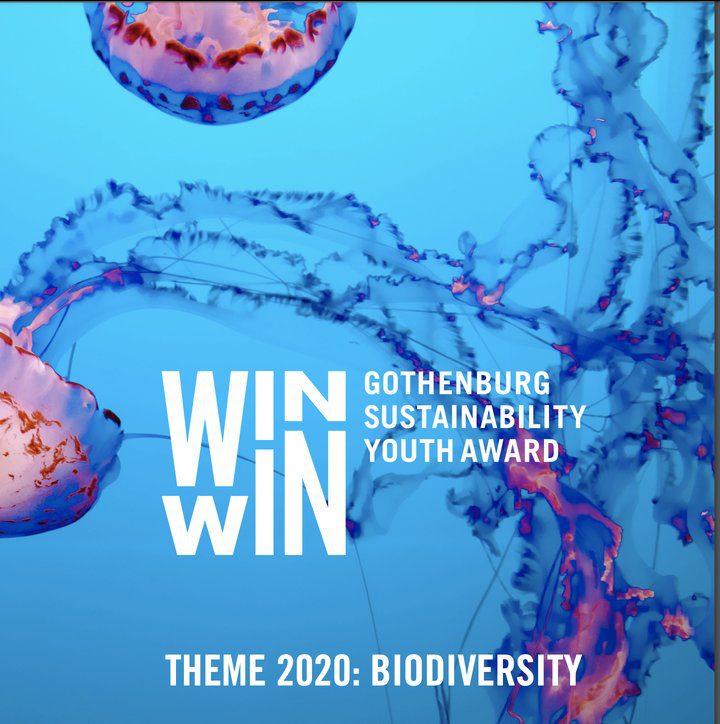Application Deadline: January 16th 2022.
Today, the world’s food production is responsible for around 25% of all greenhouse gas emissions and is the primary reason for the loss of biological diversity, deforestation and endangered fish stocks. In particular, the production of red meat is a significant threat that needs to be reduced.
The UN predicts that global food production must increase by 70% by 2050. Additionally, growing incomes and changing food habits will lead to greater demand for nutrient-dense foods.
To solve the world’s future food supply, we need to look into the possibilities – and challenges – that blue and green foods can provide.
According to the Food and Agriculture Organization of the United Nations (FAO), Aquaculture – the farming of aquatic animals and plants such as fish, clams, crustaceans and algae – is necessary to meet the nutritional requirement of the world’s rapidly increasing population. Aquaculture is already growing and today approximately three billion people get at least 20% of their nutritional requirement from seafood, which often has excellent health– and environmental benefits.
The ambition of the FAO:s strategic plan for 2022-2031 is to support growth within global aquaculture with 35-40% by 2030.
But fish and shellfish farming are far from always sustainable and over-fertilization as well as issues of land destruction must be resolved. Many production methods within aquaculture are still under development, which is why there are great opportunities to steer the industry toward more sustainable production systems.
Innovative seafood products and more sustainable animal feed and farming methods are some examples of areas where the jury of WIN WIN Gothenburg Sustainability Award envisions potential award winners of 2022.
For More Information:
Visit the Official Webpage of the Win Win Gothenburg Sustainability Youth Award 2022

